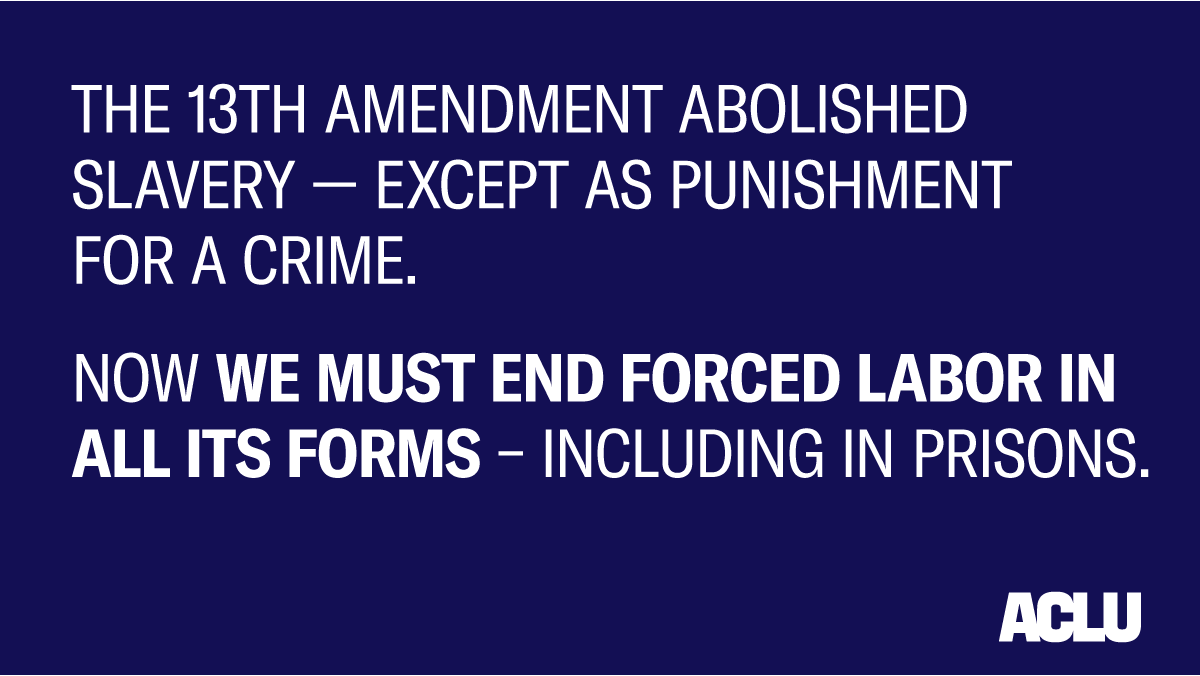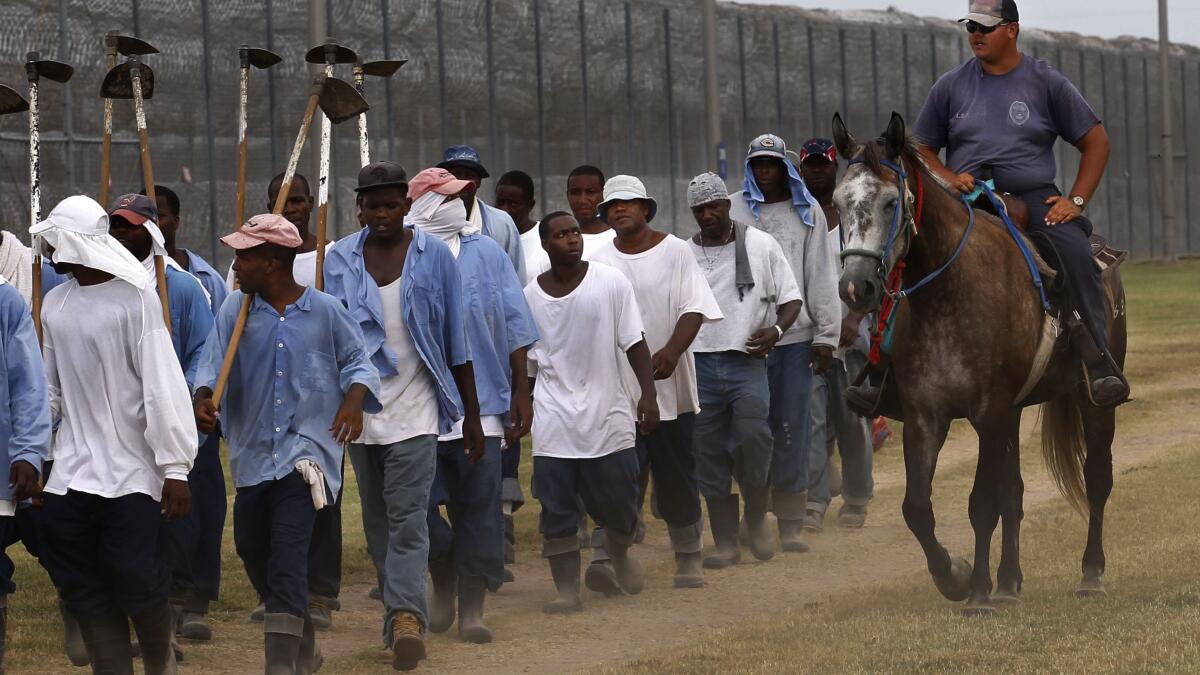 The 13th Amendment might’ve ended slavery, but let’s not ignore the fine print. It leaves a loophole wide open: slavery and involuntary servitude are banned except as punishment for a crime.
The 13th Amendment might’ve ended slavery, but let’s not ignore the fine print. It leaves a loophole wide open: slavery and involuntary servitude are banned except as punishment for a crime.
“Neither slavery nor involuntary servitude, except as a punishment for crime whereof the party shall have been duly convicted, shall exist within the United States…”
Here’s the thing—this loophole has been used before. From convict leasing after the Civil War to modern prison labor, America has found ways to legally exploit people. And now, with immigration laws tightening, this same clause could be used to force undocumented immigrants into cheap labor, all while hiding behind “criminal justice.”
How Immigration Becomes a Pipeline for Exploitation
For years, illegal entry into the U.S. has been criminalized, but the rhetoric around it keeps escalating. Leaders like Trump have pushed policies that turn undocumented immigrants into criminals the moment they cross the border. This sets the stage for mass detentions and prosecutions, which then open the door to using those same people for labor under the 13th Amendment’s punishment clause.
Legal Forced Labor: The 13th Amendment in Action
Prison labor is already a billion-dollar industry. People in prison are paid pennies to work in agriculture, manufacturing, and more, while corporations rake in massive profits. Now, think about  , where over a million immigrants are held each year.
, where over a million immigrants are held each year.
If immigration offenses lead to convictions, detainees could legally be forced into labor, thanks to that 13th Amendment loophole.
Picture this: immigrants working in fields, construction sites, or hospitality jobs for wages that don’t even come close to minimum wage—all under the guise of punishment for breaking immigration laws.
Why This Could Actually Happen
- Mass Detentions Are Already in Play
Leaders have pushed for more detention centers, framing undocumented immigrants as criminals who need to be punished. Forced labor would just be the next step. - America’s History of Exploitation
This isn’t a new play. From convict leasing in the 19th century to today’s prison labor, the system has always found ways to exploit marginalized groups for profit. - Labor Shortages as a Justification
Industries like farming, construction, and hospitality are desperate for workers. Instead of addressing low wages or poor working conditions, forcing immigrants into these jobs becomes the “solution.” - It’s Already Happening in Detention Centers
ICE detention facilities already make detainees work for as little as $1 a day. Expanding this to other industries isn’t hard to imagine.
Dehumanizing People for Profit
Let’s call this what it is: dehumanization. Treating undocumented immigrants as criminals and forcing them into labor strips them of their dignity. It turns human beings into tools, reducing their value to what they can produce instead of who they are.
What Needs to Change
This isn’t some far-fetched conspiracy—it’s rooted in the systems we have right now. If we don’t fight to close the loophole in the 13th Amendment, it’s only a matter of time before it gets exploited again.
Undocumented immigrants are people, not a source of free or cheap labor. Their humanity should never be sacrificed for political or economic agendas.
We can do better. And we have to.
“My hustle is writing—I am a writer!
If this post resonated with you, check out my eBook, Miracle at Cana, on Amazon. It’s another piece of my journey, and I hope it inspires you to keep pushin’ forward. Click here to grab your copy: Miracle at Cana.
